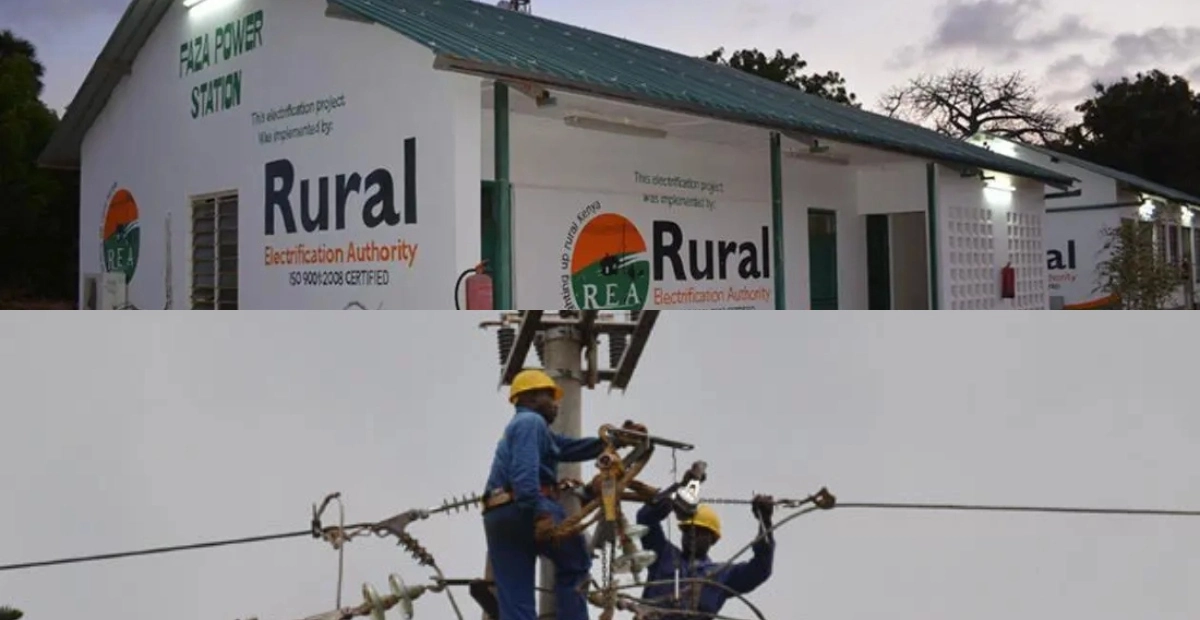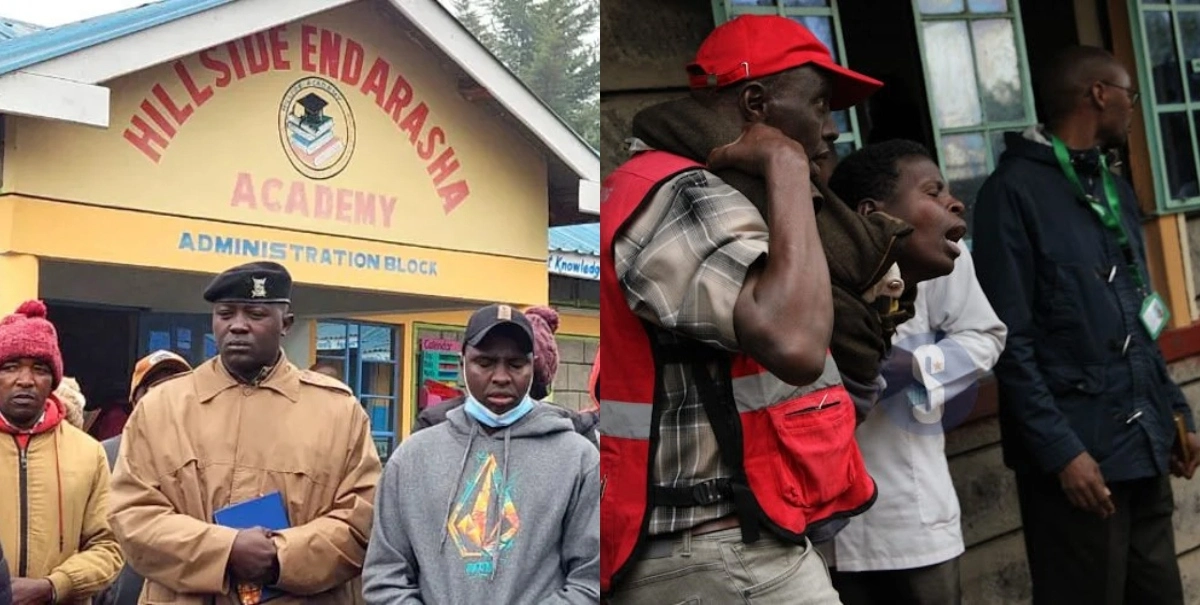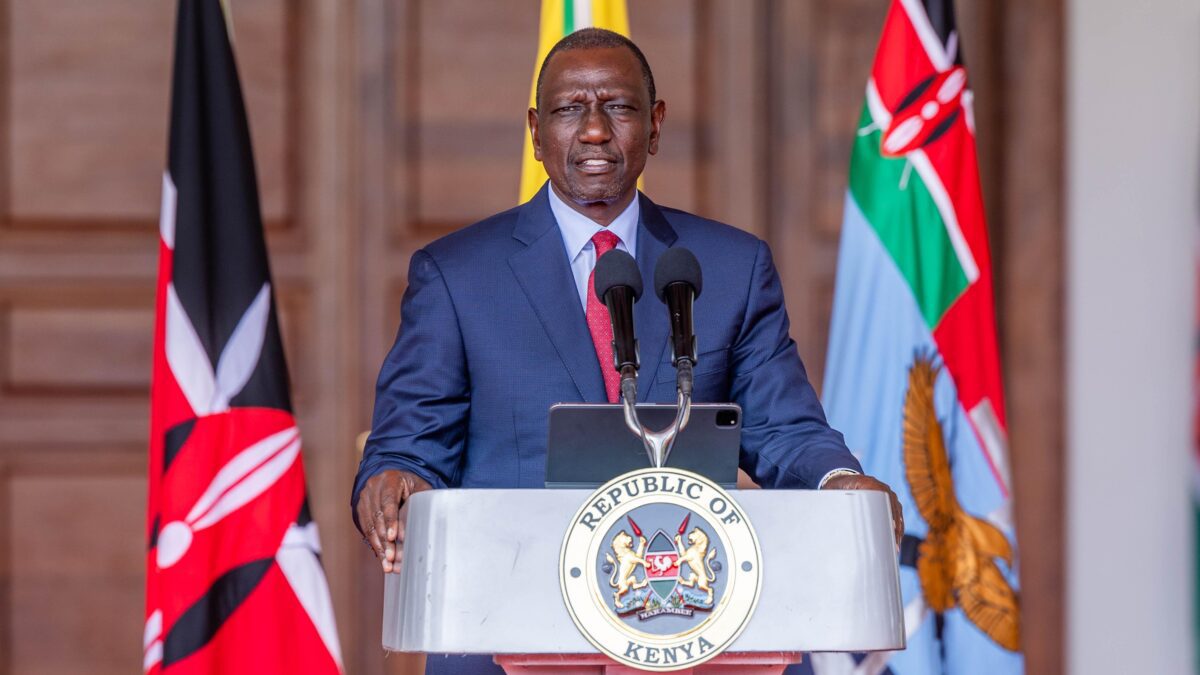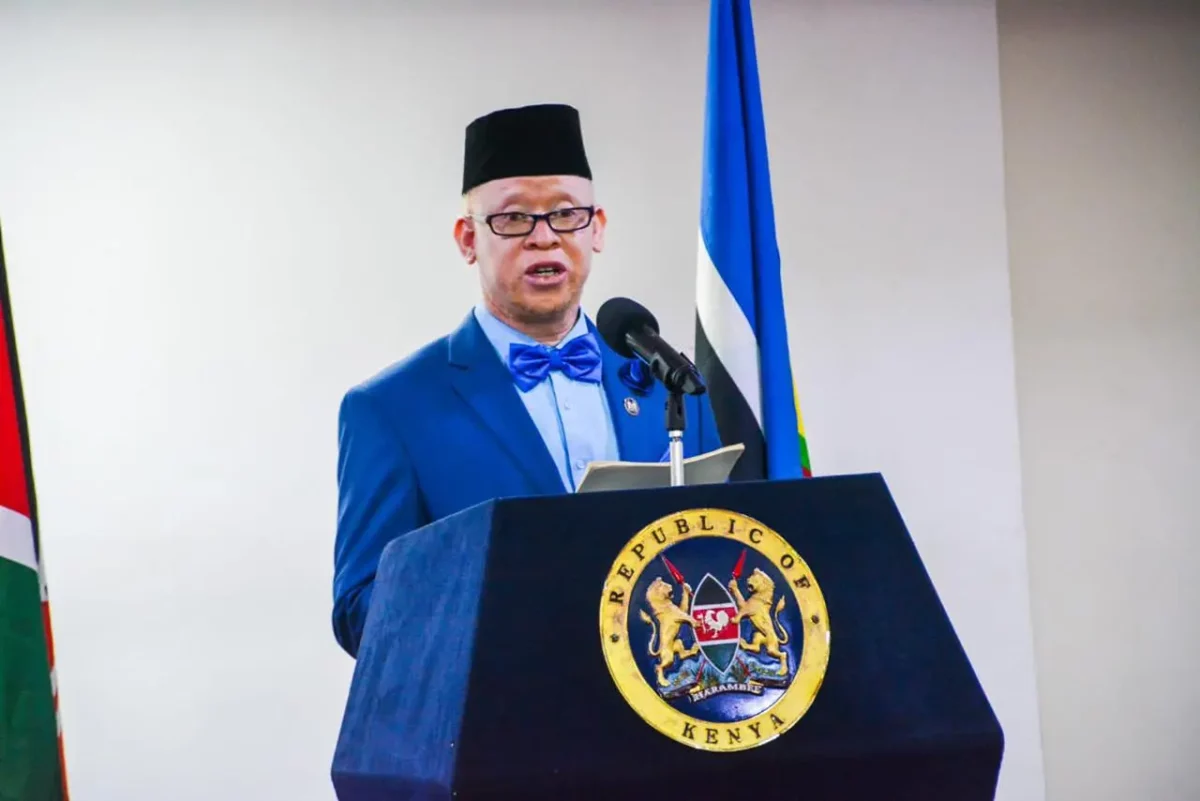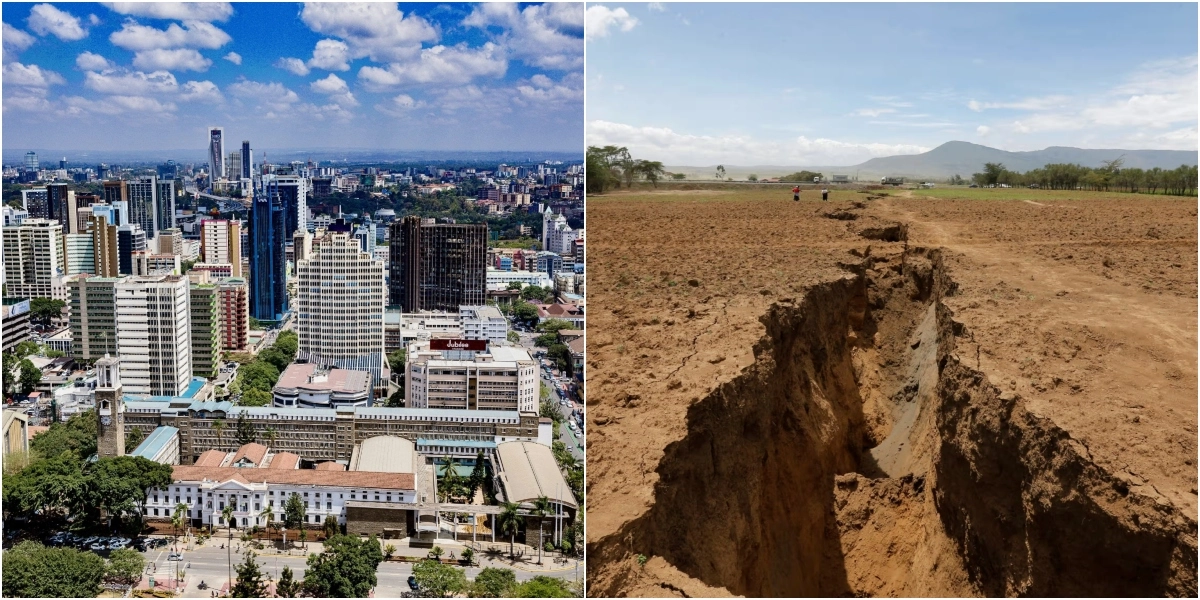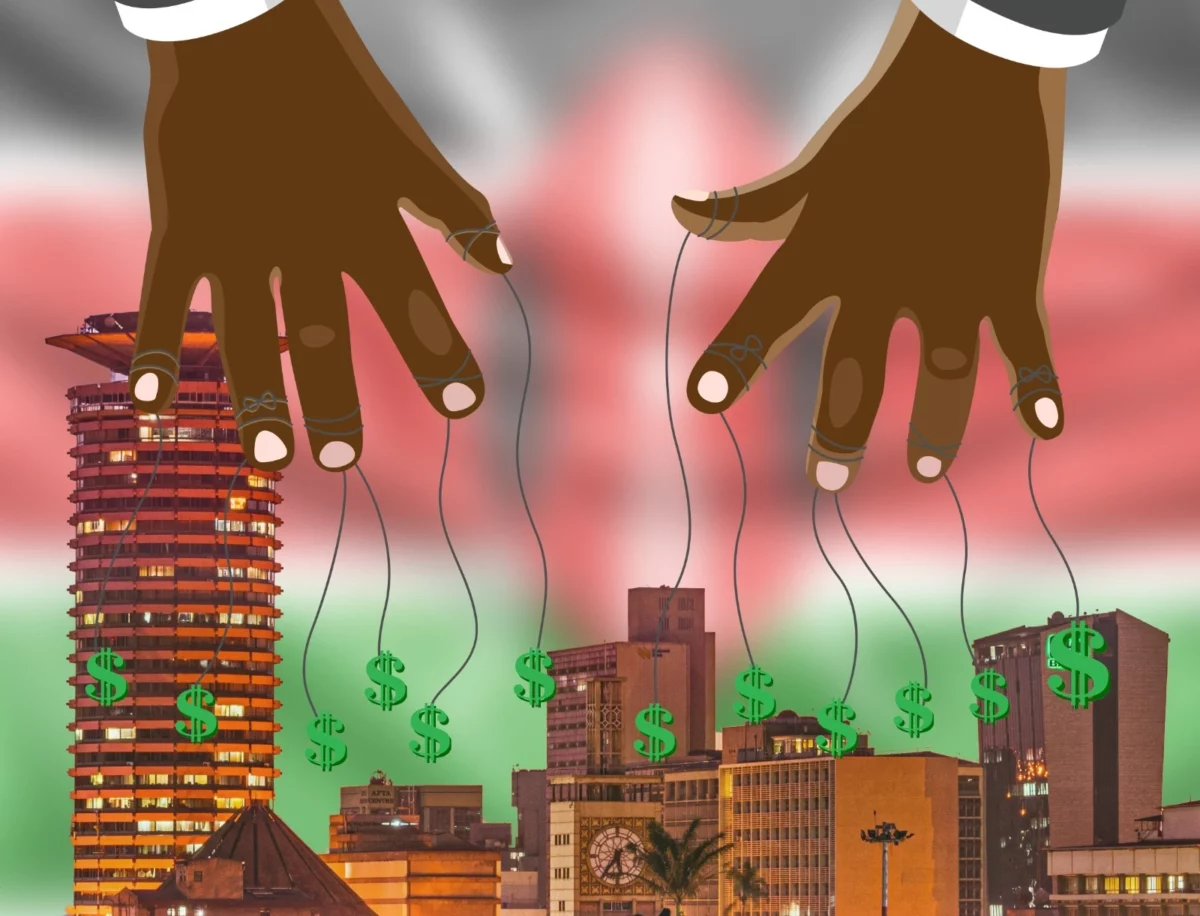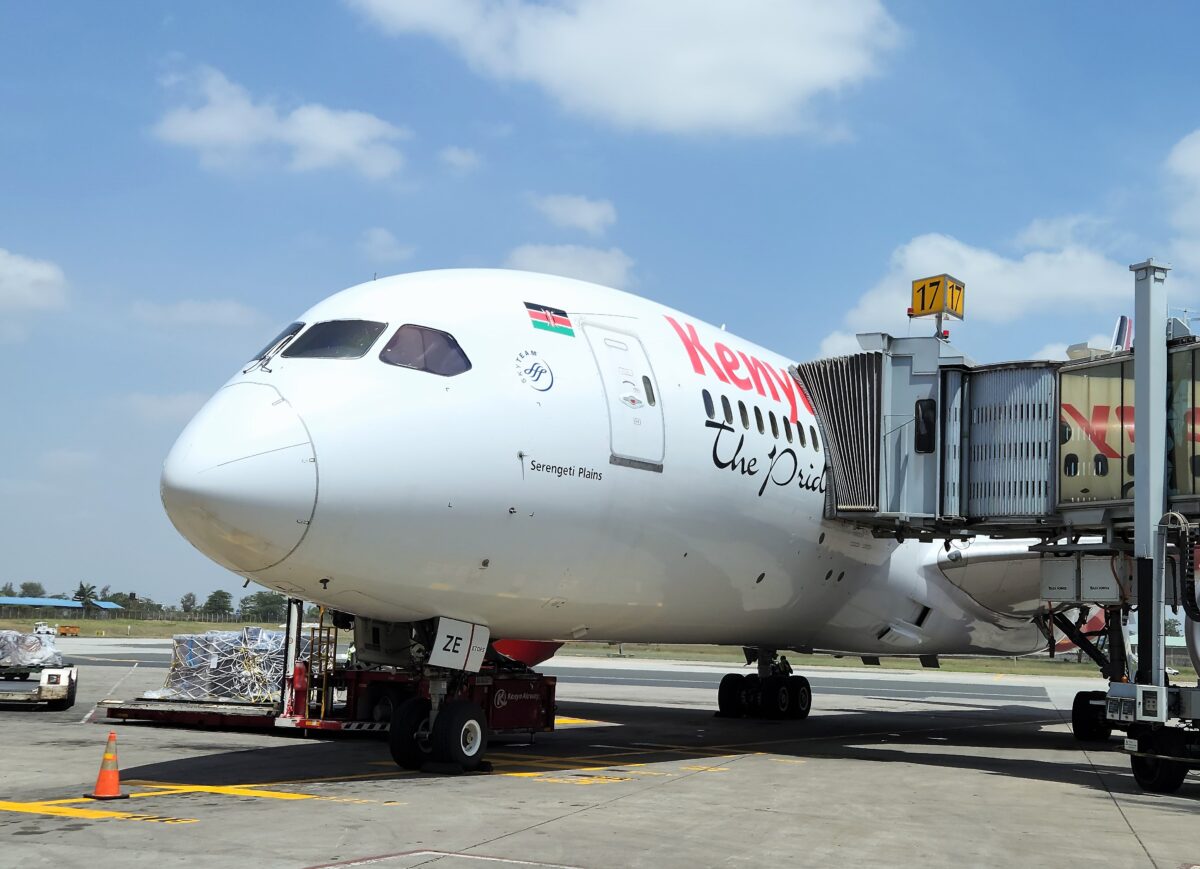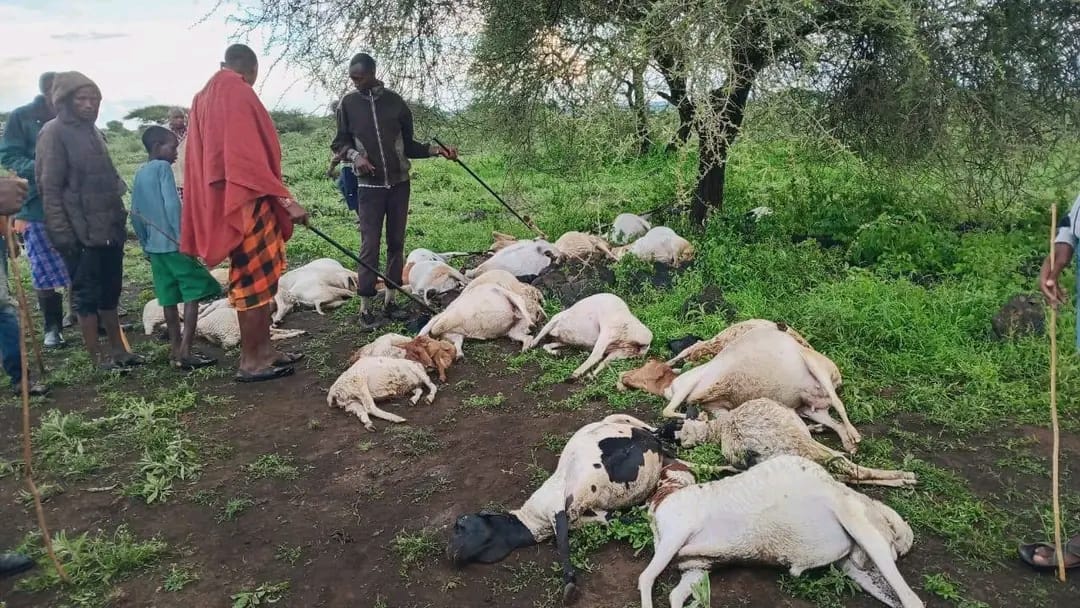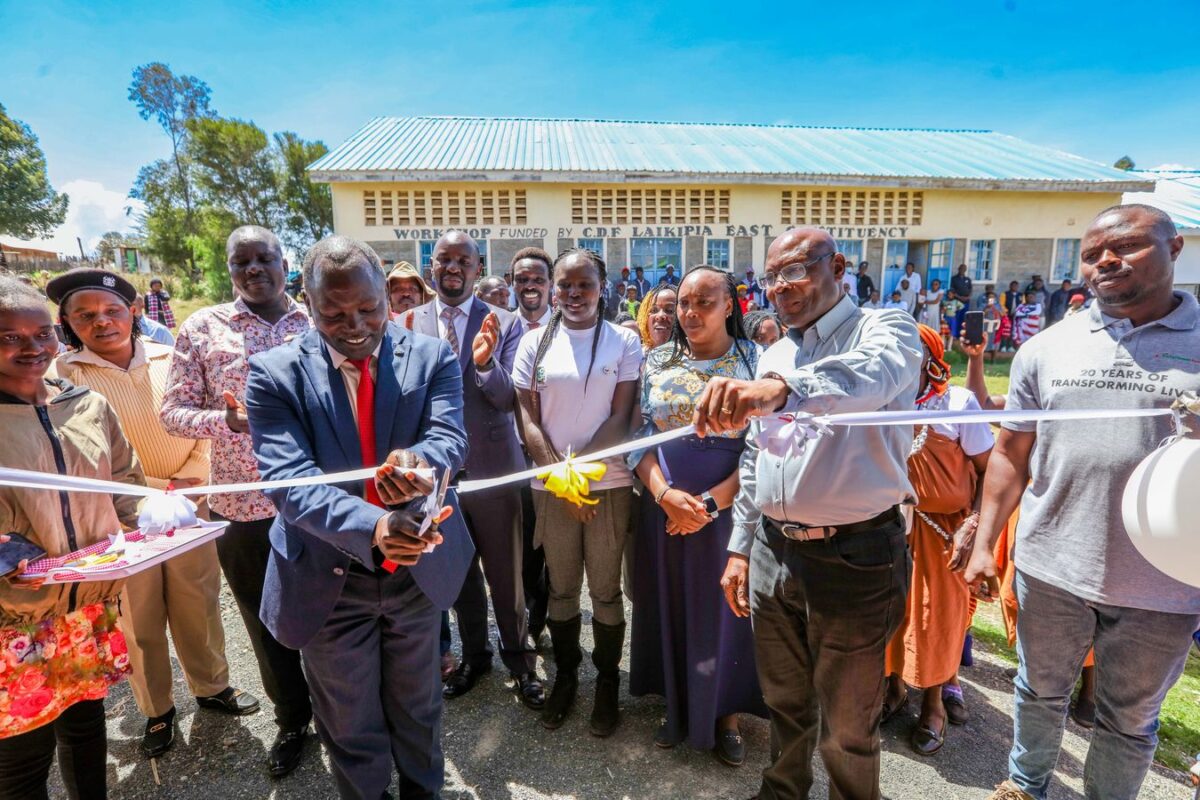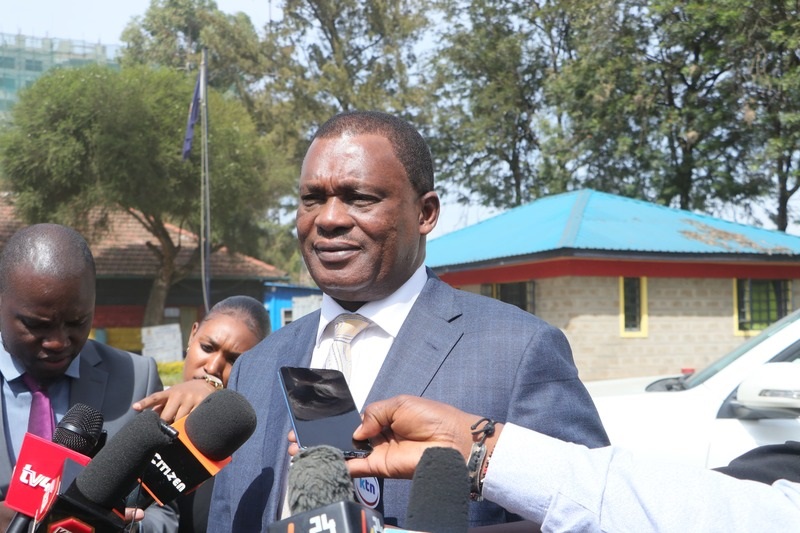Kenya has made progress in access to reliable energy with the percentage of the population having access to electricity rising from 40% in 2013 to 75% today.
Subscribe to Switch TV for more exciting content
However, there is still a substantial portion of the population, particularly in rural areas, that lacks access to clean and affordable energy, posing challenges for both economic development and climate adaptation.
Kenya’s GDP grew by 5.3% in first three months of the year.
— Kenyan Business (@BusinessIntelKE) July 4, 2023
This is faster than expected 3.3% growth rate.
Agriculture which contributes to 25% of output and employs more than 70% of rural people, grew by 5.8% due to favorable weather
The Urgent Need for Action:
Kenya experienced extreme weather events in 2022, including erratic rainfall, flooding, high temperatures, dry spells, and drought. These climate-related disruptions have had a severe impact on agriculture, which accounts for 30% of GDP and 56% of employment in the country.
Read Also: Malia Obama’s Birthday: Inside Private Life after growing up in the White House
To achieve its vision of becoming an industrializing, middle-income country, Kenya must address these challenges and build resilience in rural areas most vulnerable to climate impacts.
KSCAP (Kenya climate smart Agriculture program) and NARIGP( National Agriculture and Rural inclusive Growth Project)2017-2022 Has had a huge impact in Rural communities in Kenya,Largely because it was world bank funded,It had timelines. It's blueprint can be adopted for long term
— Aburi (@nicsaburi) March 5, 2023
Aligning with National and International Goals:
Investing in clean and affordable energy aligns with Kenya’s Nationally Determined Contribution (NDC) and its National Energy Efficiency and Conservation Strategy 2020.
These plans emphasize raising energy efficiency, promoting climate-smart agriculture, achieving 30% tree coverage by 2030, and harnessing technologies like solar-powered irrigation.
Read Also: Celebrities Set Fire to the Trend of concertgoers throwing objects onstage
President H.E William Ruto has also highlighted the importance of these technologies for the future of Kenyan farmers.
Supporting Policies for Success:
To accelerate progress, it is crucial to create a supportive policy environment that attracts private sector investment and enables the achievement of Kenya’s renewable energy goals.
The recommendations put forth in the briefing include:
- Implementing the Nationally Determined Contribution and National Energy Efficiency and Conservation Strategy through adequate funding and urgent action.
- Prioritizing renewable energy projects and incentives to enhance agricultural production.
- Establishing stable policy frameworks and tax incentives for the renewable energy sector.
- Creating subsidies and incentives for off-grid renewable energy options to boost productive energy use.
- Providing consumer subsidies to help smallholder farmers and large-scale producers access energy technologies.
- Promoting public-private partnerships to mobilize resources for the agricultural sector’s productive energy use.
- Establishing a climate adaptation funding mechanism to enhance energy access in arid and semi-arid regions.
- Launching demand-side campaigns to raise awareness of productive energy use technologies.
- Developing a local technical assistance program to support innovation and improved agricultural practices in off-grid areas.
Success Stories:
This briefing highlights successful initiatives in Kenya that demonstrate the positive impact of clean energy access on rural communities.
Examples include Sokofresh, which provides portable solar-powered cold rooms to smallholder farmers, and Anglican Development Services Eastern, which has improved irrigation and water access through solar-powered pumping in Makueni County.
Read Also: John Legend and Chrissy Teigen Welcome Baby Boy via Surrogate
Additionally, Mwangaza Light and Toolkit Skills and Innovation Hub empower women and youth through clean energy entrepreneurship and skills development.
Seizing the Opportunity:
With Kenya hosting the African Climate Action Summit, there is an opportunity to showcase the country’s ambitious climate policies and call for increased global investment in clean energy access.
The Power Up campaign urges the adoption of its policy recommendations and emphasizes the importance of international support and funding for climate adaptation in Kenya and other countries in the Global South.
By prioritizing clean and affordable energy access in rural areas, Kenya can foster economic growth, enhance resilience to climate change, and achieve its national and international climate goals.
Subscribe to Switch TV for more exciting content
Through collaborative efforts between the government, private sector, civil society, and international partners, Kenya can pave the way for a more prosperous and equitable future while addressing the urgent challenges posed by climate change.

